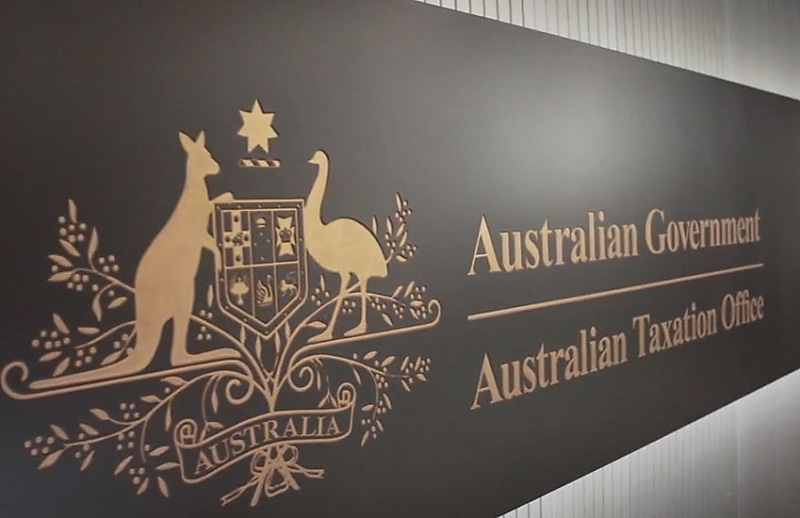ATO issues interim decision impact statement on meal expenses case
TaxThe ATO does not intend to revise its public rulings on work-related travel expenses and record keeping until the appeals process for the recent Shaw decision is finalised.

The ATO last week published an interim decision impact statement on the decision, Shaw and Commissioner of Taxation [2025] ARTA 224, which was handed down by the Administrative Review Tribunal in March this year.
The decision examined whether an employee long-haul truck driver was entitled to a deduction under section 8-1 of the Income Tax Assessment Act 1997 (ITAA 1997) for work-related travel expenses claimed in respect of meals.
General member Dunne ruled in favour of the taxpayer, determining that the truck driver was entitled to a deduction under section 8-1 of the ITAA 1997 for the expenses claimed. It allowed the $32,782.50 in deductions that had been claimed by the driver for meal expenses in the 2021 income year.
The driver had calculated the amount by multiplying the number of days he was away from home by the maximum reasonable daily allowance set out in TD 2020/5, which was $105.75.
The truck driver and his accountant assumed that they were not obliged to provide receipts or other documentary evidence to back up his claim because it fell within the limits set in TD 2020/5.
The ATO issued an amended assessment in 2022 that reduced the driver's claim deduction to zero.
After the truck driver objected to the amended assessment in January 2023, the ATO then allowed the objection in part, increasing his allowable deductions for meal expenses to $5,890 based on a review of his logbook, fatigue diary and bank statements. This was an average of $19 per day multiplied by 310, being the number of days the driver was away from home.
In its decision, the tribunal criticised the ATO’s allowance of $19 per day for meals as an “absurdly inadequate amount”.
In its interim decision impact statement, the ATO outlined that the Commissioner's position was that the taxpayer had not been able to demonstrate that his claim was for entirely work-related expenses, as opposed to food acquired for private purposes.
"Further, the Commissioner was of the view that the taxpayer had not provided clear, contemporaneous or corroborative evidence as to the fact the disputed expenses were actually incurred in gaining or producing assessable income and had dismissed the bank statements as not connecting the disputed meal expenses to the taxpayer with any specificity," the ATO said.
"The Commissioner suggested that an inference could be drawn from the 'big shops' undertaken by the taxpayer (or Ms Fisher) and that they were also for private purposes."
The ATO acknowledged that the tribunal did not agree with the Commissioner that there was an insufficient linkage between the expenditure on bank statements and the taxpayer's work.
"Rather, the Tribunal found that the taxpayer's evidence was credible and provided that link."
In April, the Commissioner of Taxation filed a notice of appeal against the ART's decision in the Federal Court.
In its interim statement, the Tax Office said that until the appeal process is finalised for the Shaw decision, it does not intend to revise the current ATO views contained in public rulings dealing with work-related travel expenses and record keeping, including substantiation and the substantiation exception.
These rulings include:
- Taxation Ruling TR 2004/6 Income tax: substantiation exception for reasonable travel and overtime meal allowance expenses
- Taxation Ruling TR 95/18 Income tax: employee truck drivers-allowances, reimbursements and work-related deductions
- Taxation Ruling TR 97/24 Income tax: relief from the effects of failing to substantiate
- Taxation Determination TD 2020/5 Income tax: what are the reasonable travel and overtime meal allowance expense amounts for the 2020-2021 income year? and other Determinations issued annually on reasonable travel and overtime meal allowance expenses amounts.
The ATO warned taxpayers that pending the appeal process, it will continue to administer the law in accordance with its views set out in these rulings.




